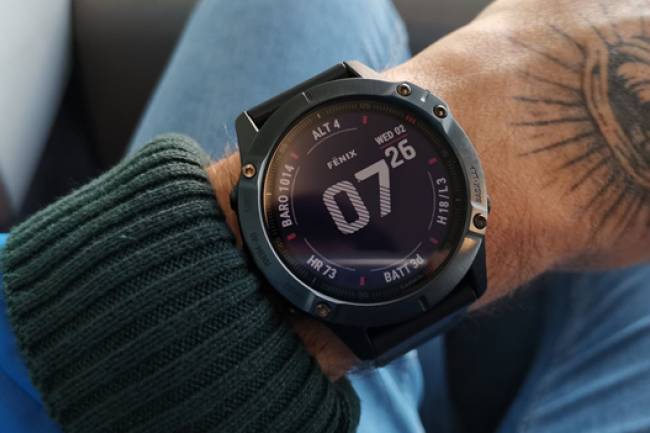
DWI Arrest and Charges in Texas
Driving while intoxicated is a serious criminal offense in the state of Texas. If a traffic cop suspects you of being drunk or under the influence of a drug, they can pull you over and request you to participate in a DWI test. In order to levy charges, it must be evident that you were intoxicated and driving; if one element is absent, you cannot be arrested. It is possible that you are simply a bad driver or happened to be sitting in a parked car while consuming an alcoholic beverage.
Typically, a cop will suspect you of DWI if you were conducting a traffic violation, such as speeding, tailgating, or reckless driving. They will then stop you and cross-question you for clarification. If you show no signs of intoxication, the cop will probably issue a ticket for speeding or another infraction. A traffic infraction is not a criminal offense, so it won’t create a criminal record. You will have to pay a small fine for your misconduct, but face no additional penalties like jail time or probation.
If you were breaking a traffic rule when the cop noticed and stopped you, you must co-operate. Running away or getting into an argument with the cop will not help your case. Abusive behavior is likely to encourage the cop to press additional charges.
Physical symptoms that indicate intoxication:
- Redness in the eyes
- Slurry speech
- Dilated pupils
- Smell of alcohol on your breath or clothes
- Clumsy or haphazard body language
The cop may ask a couple of questions and then tell you to perform a series of field sobriety tests. The purpose of these tests is to check your observatory skills, balance, and response time. For instance, you may be asked to walk in a straight line, follow the movement of a pen with your eyes, and stand on one leg for a timed period. Intoxicated or not, it is not uncommon to flounder in field sobriety tests. Your poor performance could be the result of an underlying health condition, fatigue, or you being overweight.
You have the right to refuse the field sobriety tests if you think that the results will fail you. Field sobriety tests are not that accurate, thus you should request a chemical blood test instead. Many cops use a Breathalyzer to check a driver’s BAC levels, through errors occur more than often. Breathalyzer machines usually malfunction due to poor maintenance and lack of proper calibration. Moreover, the amount of alcohol in your breath does not estimate the true percentage of alcohol in your blood stream.
Therefore, if you are positive that your BAC levels do not exceed 0.08% or that you are not intoxicated, the DWI blood test can prove your innocence. Blood tests are most accurate, as long as they are properly carried out. If a cop demands a blood test themselves, do not refuse or there will be consequences. If you are driving under the influence of alcohol, it is easier to detect intoxication. On the other hand, intoxication caused by a drug is more difficult to determine. There is no threshold level for various controlled substances that can cause a ‘high’, so any amount detected in your system is enough to instigate charges.
If the police stops you for no apparent reason, an arrest may not be considered legal. The police cannot forcefully interrogate you or conduct an unwarranted search of your car if you were not doing anything wrong while driving. Any evidence collected against you in this way will not be usable in court. The police is also obliged to recite Miranda Rights to an alleged offender during arrest. You must be informed of your 4th amendment rights, which entitle you to remain silent and request a lawyer. It is illegal for the police to use violence or aggression to get a confession.
If you or a loved one was recently charged with DWI, contacting DWI Defense Attorney in Austin, TX, is the most sensible thing to do right now. Having an experienced and skilled DWI attorney by your side will prevent the charges from progressing to a conviction and help you maintain a clean criminal record. A DWI conviction remains on one’s record for at least ten years and promptly shows up in background searches; it tends to become a stigma on professional, personal, and social life.
Click Here To See More













